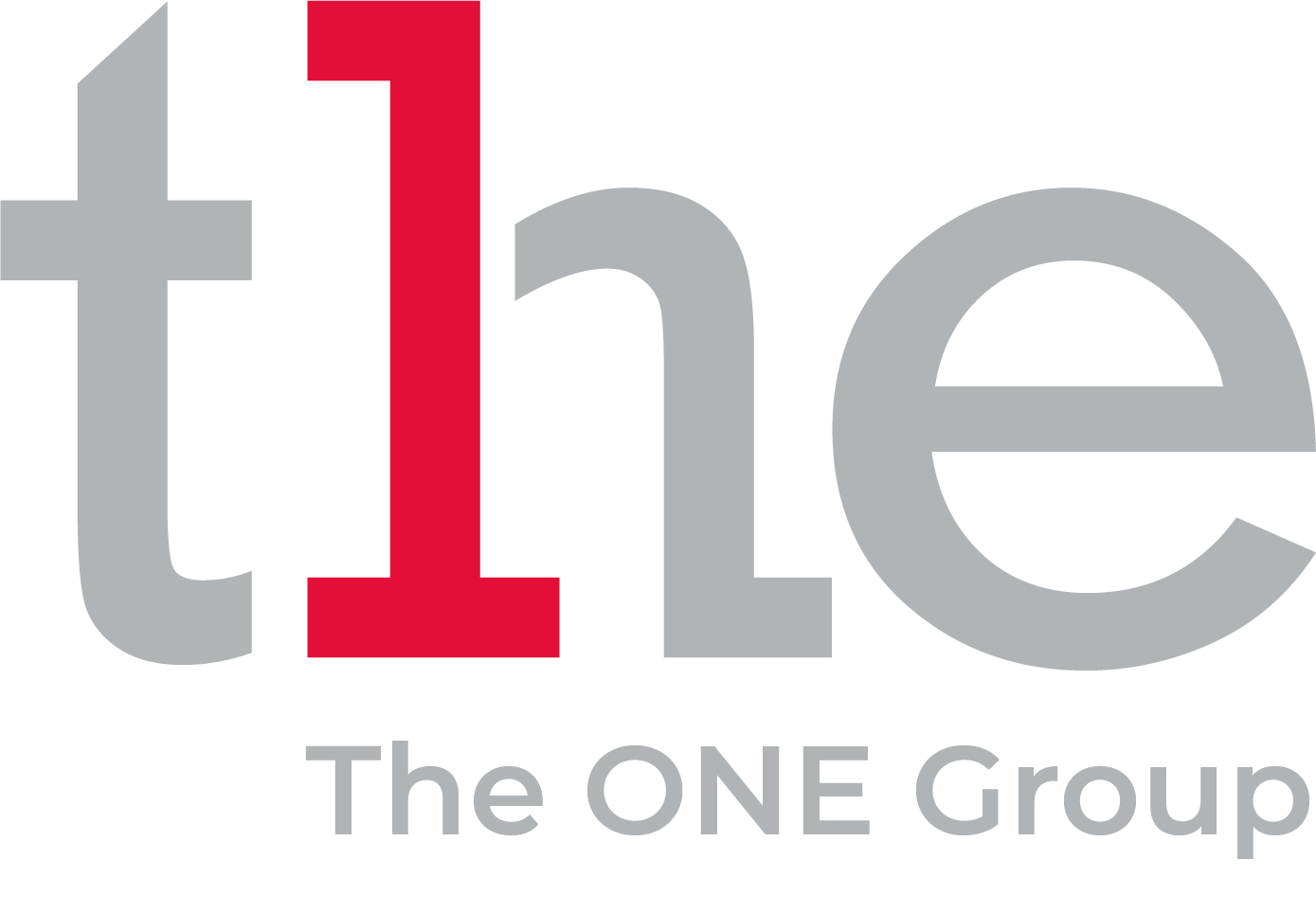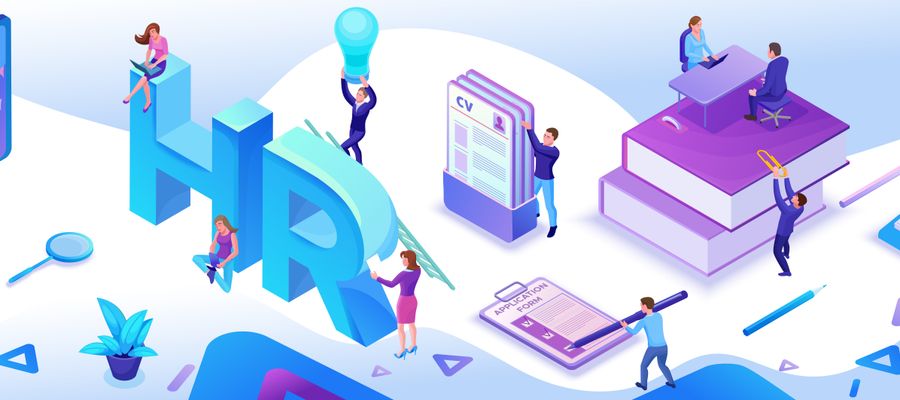With an ever-increasing number of businesses moving away from traditional HR functions, we’ve taken a dive into the ways businesses are choosing to align their HR Teams (or “People Teams” as they are now more fondly known) with the strategic direction of the company and how this has made our People People more valuable than ever.
1. Gone are the days of people working for one company for 40 years - People are more in charge of their careers than ever before.
On average, people now switch jobs every 4.4 years with 43% of millennials saying that they plan to leave their jobs within the next two years. So what does this mean for businesses? Our People Teams now have to be more competitive than ever when it comes to Talent Acquisition and Employer Branding, working closely with hiring managers to ensure they are hiring for longevity, rather than the jobs available right here and now. Smashing out a job “advert” is no longer enough to attract the best talent in the market. Great content, a strong online presence and really understanding the unique selling points (USPs) of the business they’re hiring into are now absolutely paramount to hiring the right people for the future of the company.
2. Employees’ main considerations when choosing which company to work for are rapidly changing.
According to Accenture research, a huge 83% of millennials say that they would leave a business whose values no longer matched their own, highlighting that salary is becoming less important to younger generations, with Generation Z (those born 1996 – 2012) ranking their relationship with their work teams a top concern when it comes to working. What we’re trying to say here is that culture and inclusion are rising in value. Accenture research shows that working cultures where employees are treated as equals are six times more productive – and whose shoulders do inclusion and diversity fall on? You’ve got it, the People Team. HR is no longer a support function for the business, but a driving force when it comes to all things culture.
3. Free food, unlimited holiday, and shared parental leave are some of the more recent perks introduced across businesses aiming to increase their benefits offerings.
Whilst pool tables and free-fruit Fridays might have been enough to keep your teams bragging about your extensive benefits offering ten years ago, our People Teams are now more involved in speaking with employees and finding out exactly what it is that they feel constitutes a real benefit of working for their company. 25 days holiday? You might have had us hooked in 1995; but with four-day weeks, unmonitored flexitime, and the option to take as much holiday as you want, whenever you want, now becoming the way to employees’ hearts, the heart of the business – or the People Team – have got more of a fight on their hands than ever to make their benefits packages a true winner.
4. Employee wellbeing has really taken a step forward in recent years in terms of its importance within the workplace and how much time and investment is put behind it.
Flexible working arrangements are becoming more and more the norm and we have seen a huge increase in the number of larger businesses who are bringing in health and wellbeing professionals as part of their full-time internal teams. Companies are focussing their efforts on supporting their employees in health and fitness outside of work, by enlisting the help of health insurance providers who offer more than just your standard health insurance. On-site gyms and fitness classes are just some of the ways People Teamsare injecting positivity into the workplace, with two-hour lunch breaks to boot – and the increase in Mental Health First Aiders shows a real nod to the need for a focus on mental wellbeing, as well as just good physical health.
If we’re talking about protecting the long-term interests of a business, then securing employee retention through well-being initiatives is a mighty admirable way of the HR function doing its bit to contribute.
5. Talent Planning is more than just recruitment. Talent Planning means looking at recruitment, training, and retention, as well as succession planning and the whole strategy surrounding it.
Internal Talent Acquisition Teams are on the rise and the government is bringing in new workplace training initiatives almost yearly. Hiring Managers are now more likely to consider a candidate’s potential for higher-level roles when interviewing them, rather than just the role they’re recruiting for at the time. It’s the People Team’s role to ensure that the Hiring Managers’ expectations and hiring decisions are in keeping with the ongoing plans for the wider business.
Where does your HR Department stand?
If there is any doubt at all that HR Departments have changed over the years, the stark contrast between the process and compliance-driven teams of the 80s and 90s and the people-focused teams of today should serve as a solid reminder that humans are no longer seen as resources – but as people.


